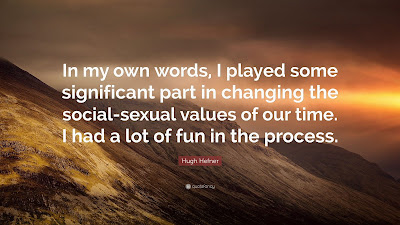Mark Guerringue again sits in the left chair.
The producer asks us if we think Mitch McConnell can administer an impartial Senate trial and if not should he recuse himself? I say, yes, he can. He’s a partisan, but he can be fair as much as anyone can, but Chief Justice John Roberts will preside over things.
Mark thinks this impeachment is much more partisan than previous ones, especially Clinton’s. He thinks Trump is guilty and cited reasons why including seventeen high government officials who testified before Schiff’s Committee. I begin picking apart some of that testimony but Mark interrupted me to say he didn’t want to talk anymore about impeachment — except to say one more thing. Then I respond to that and he responds to me… and on it goes.
We move to the Horowitz Inspector General report, which Mark says admits there’s no proof of shenanigans by the FBI and other Obama intelligence agencies. I counter that it says there was no documentary or testimonial evidence, in the first paragraphs of the 400-plus page report, but the rest lays out plenty of evidence, some of which I begin to cite. Then Mark interrupts again, but I go on.
Mark then brings up a discussion from a previous show about American oil production. Mark said I credited Trump with increasing production and he produced a chart showing steadily increasing production from 2008 when Obama took office to 2020. I accept the data on his chart and tell him that what I said on a past show was that Obama attempted to restrict hydrofracking activity by petroleum companies but was unsuccessful. He also restricted drilling on federal lands. Nonetheless, oil and gas production increased anyway. Trump, however, has cut restrictions on drilling and production has continued to increase at the same rate.
Mark then brings up a discussion we had last month about the Daleiden Trial in California. Daleiden was sued by Planned Parenthood for secret video and audio taping of conversations with abortionists at public conventions by Planned Parenthood. Then-Atty General Kamala Harris seized Daleiden’s computers and videos not yet released and criminally charged him. So, he was facing both civil and criminal charges for his actions, the only journalist in California ever to be so charged. I had claimed it was legal to secretly record a conversation if they were about crimes. Mark claims I was wrong about that.
I bring up how dangerous it is to wear a MAGA hat in public, especially in a “blue” area like Portland Maine. I had a 21-second video cued up of a 14-year-old Florida boy on a school bus being beaten by eight black kids for wearing a MAGA hat. Mark said he didn’t want to see it, but something went wrong with my laptop signal anyway so I couldn’t show it. He said I was looking for trouble when I wore my hat in Portland, and I found it. I said my objective was to show how intolerant the left is — that I should be able to wear a hat in support of the sitting president of the United States in an American city without being assaulted.





























